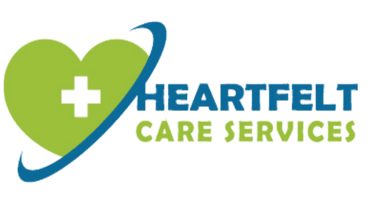Mandatory training
Here’s a list of common mandatory training courses for healthcare professionals in the UK, particularly relevant for support workers, care assistants, and other healthcare roles:
Fluid and Nutrition:
Training focuses on understanding the importance of hydration and nutrition in patient care, recognizing signs of malnutrition, and supporting individuals with appropriate food and fluid intake.
ensures that care is tailored to each individual’s unique needs, preferences, and values, promoting autonomy and respect.
Safeguarding
involves identifying, responding to, and reporting concerns related to abuse, neglect, or harm to adults or children. Training levels vary based on the role (Level 1, 2, or 3).
Health and Safety Training:
Covers general safety guidelines in the workplace, including conducting risk assessments, identifying hazards, and following safe practices.
Infection Prevention and Control:
Training on preventing the spread of infections through good personal hygiene, correct use of PPE, and following hygiene protocols.
Equality, Diversity, and Inclusion:
Understanding and promoting equality, diversity, and respect for human rights within the workplace, ensuring that everyone is treated fairly and without discrimination.
Privacy and Dignity:
Ensuring the privacy and dignity of patients during care and respecting confidentiality.
Communication:
Effective communication techniques for interacting with colleagues, patients, and their families, ensuring that information is conveyed clearly and respectfully.
Handling Information:
Comply with data protection laws, including GDPR, and maintain confidentiality when handling personal and sensitive information.
Learning Disability Awareness:
Training on supporting individuals with learning disabilities, understanding their needs, and promoting inclusion.
Manual Handling and Moving People:
Safe techniques for lifting and moving patients to reduce the risk of injury to both the carer and the patient.
Food Safety:
Ensuring food is handled and stored correctly to prevent foodborne illnesses.
Fire Safety Awareness:
Understanding fire safety procedures, including how to prevent and respond to fires in the workplace.
Mental Capacity Act:
This is training on the Mental Capacity Act (2005), which protects individuals who may lack the mental capacity to make decisions for themselves.
Autism:
Understanding autism spectrum disorders and how to provide appropriate care and support.
Epilepsy:
Training on understanding and managing epilepsy, including recognizing and responding to seizures.
Medication Administration:
Safe medication administration practices, including understanding dosage and side effects.
Challenging Behaviour (PBS):
Positive Behaviour Support (PBS) techniques for managing difficult behaviours to respect the individual and promote their well-being.
Practical First Aid Training (EFAW):
Hands-on training for emergency first aid (Emergency First Aid at Work).
Training on safely disengaging from physical confrontations in specific environments where it is required.
Administration of Buccal Midazolam:
Administering buccal midazolam (a medication used in emergencies to control seizures) in specific settings, where required.
These training courses are generally required to ensure healthcare staff are prepared to work safely and effectively in various care environments. Specific roles may require additional specialized training, and it’s important to stay updated on regulations that may change based on the Health and Safety Executive (HSE) and Care Quality Commission (CQC) standards in the UK.
Compassionate
Reliable healthcare support for your personalized care needs.
home Website QRcode
© 2024. All rights reserved.
Office 6405
182-184 High Street North
East Ham
London
E6 2JA


Click - Save -Print
Click-Hold-Download-print

